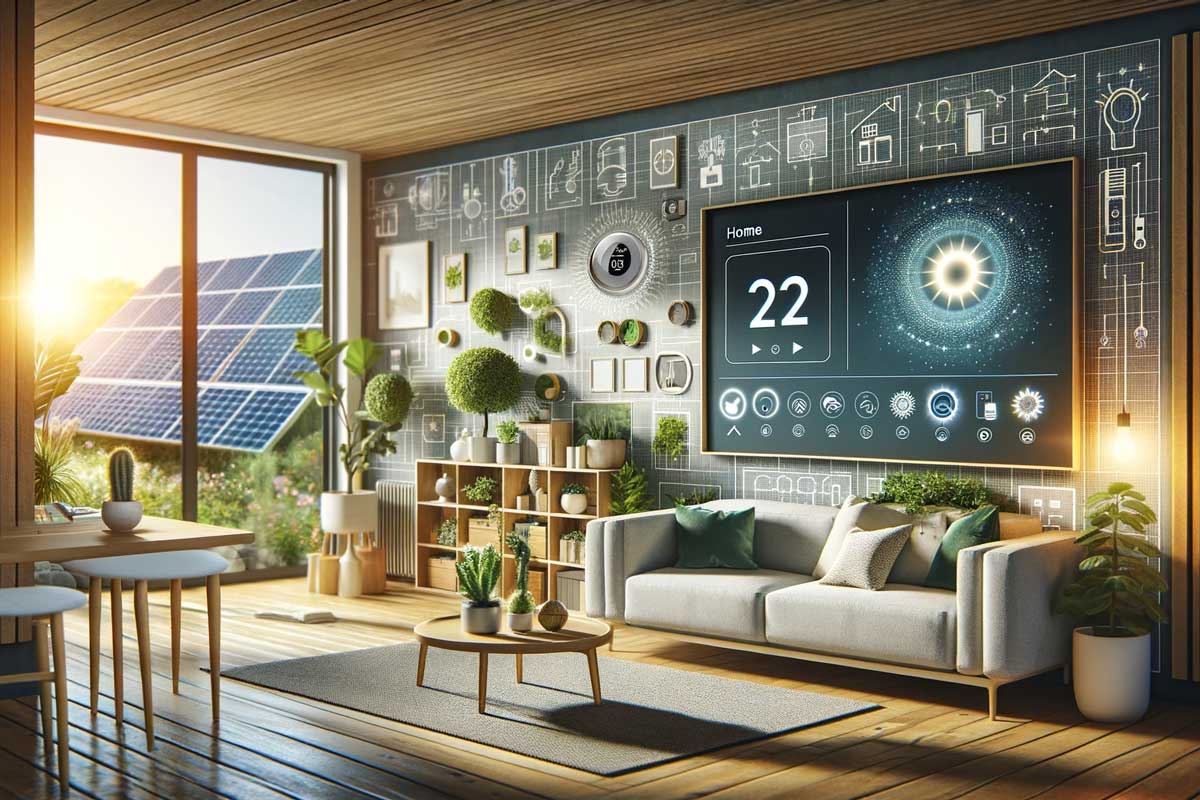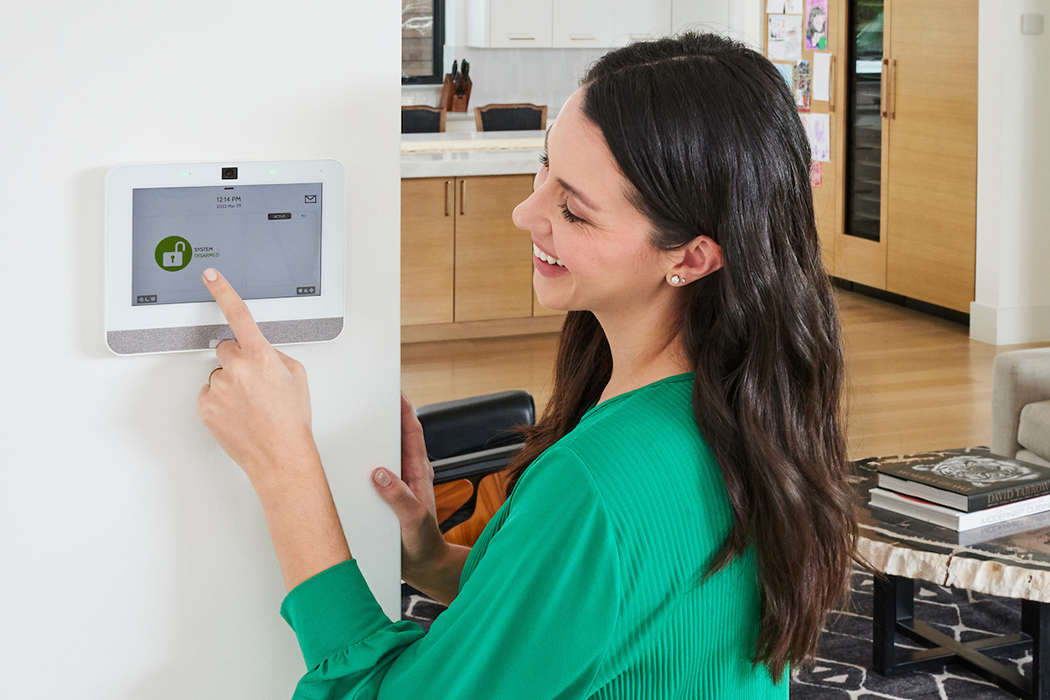
ROI on Sustainable Home Automation: Is It Worth the Investment?
Share
As technology continues to evolve at a rapid pace, the concept of sustainable home automation has emerged as a promising solution to enhance energy efficiency and reduce carbon footprints. For tech professionals and enthusiasts, understanding the ROI on sustainable home automation is crucial. This article delves into the financial and environmental benefits of implementing such systems in modern homes.

Understanding Sustainable Home Automation
Sustainable home automation involves integrating smart technologies into residential settings to optimize energy consumption and promote eco-friendly living. These systems encompass a range of devices, including smart thermostats, energy-efficient lighting, and automated appliances, all designed to work in harmony to reduce energy waste.
The Financial Benefits: Calculating ROI
The primary appeal of sustainable home automation lies in its potential to yield significant cost savings. By intelligently managing energy use, homeowners can experience reduced utility bills. For instance, smart thermostats can learn your schedule and adjust temperatures accordingly, minimizing unnecessary heating or cooling. This not only leads to lower energy costs but also extends the lifespan of HVAC systems.
Furthermore, many governments offer incentives and rebates for adopting energy-efficient technologies, further enhancing the ROI on sustainable home automation. These financial incentives can offset initial installation costs, making the investment more appealing.
Long-term Savings: A Tech Professional's Perspective
Tech professionals often appreciate the long-term savings associated with sustainable home automation. By investing in smart technologies, homeowners can significantly reduce their reliance on traditional energy sources, leading to lower energy bills over time. This not only benefits individual households but also contributes to a more sustainable future.
Environmental Impact: A Green Approach
Apart from the financial advantages, sustainable home automation plays a crucial role in minimizing environmental impact. By reducing energy consumption, these systems help decrease greenhouse gas emissions, contributing to a healthier planet. This aligns with the growing trend of eco-conscious living, making it an attractive option for tech enthusiasts committed to sustainability.
Moreover, implementing sustainable home automation can enhance the overall efficiency of a household, reducing energy waste and promoting optimal resource utilization.
Innovations in Eco-Friendly Technologies
The market for sustainable home automation is continually evolving, with new innovations emerging to enhance energy efficiency. From smart lighting systems that adjust based on natural light availability to automated blinds that regulate indoor temperature, these technologies offer a plethora of options for homeowners looking to create an eco-friendly home environment.
For more insights on building an eco-friendly smart home, check out how to build an eco-friendly smart home and discover various sustainable home automation ideas.
Overcoming Challenges: Initial Investment and Integration
While the benefits of sustainable home automation are compelling, it's essential to acknowledge the challenges associated with its implementation. The initial investment can be substantial, deterring some homeowners from embracing these technologies. However, it's crucial to consider the long-term savings and environmental benefits that offset these costs.
Another challenge lies in the integration of various smart devices. Ensuring seamless communication between different systems can be complex, requiring careful planning and expertise. However, advancements in technology are continually addressing these issues, making it easier for homeowners to adopt sustainable home automation.
Expert Insights and Future Trends
Experts in the field of sustainable home automation emphasize the importance of staying informed about the latest trends and innovations. By keeping abreast of new developments, tech professionals can make informed decisions about which technologies to integrate into their homes.
For a deeper understanding of the cost benefits associated with sustainable automation, explore the cost benefits of sustainable automation and discover how smart homes can save money.
Conclusion: Is It Worth the Investment?
In conclusion, the ROI on sustainable home automation is a compelling reason for tech professionals and enthusiasts to consider integrating these technologies into their homes. The financial savings, coupled with the positive environmental impact, make it a worthwhile investment for those committed to a sustainable future. While the initial costs may be significant, the long-term benefits far outweigh the expenses, making sustainable home automation an attractive option for modern homeowners.
For more information on sustainable home designs and trends, visit novatr.com for expert insights and recommendations.

FAQ
What is sustainable home automation?
Sustainable home automation refers to the integration of smart technologies in homes to enhance energy efficiency and reduce environmental impact.
How does sustainable home automation save money?
By optimizing energy consumption, sustainable home automation reduces utility bills and extends the lifespan of appliances, resulting in significant cost savings over time.
Are there any incentives for adopting sustainable home automation?
Many governments offer incentives and rebates for adopting energy-efficient technologies, offsetting initial installation costs and enhancing the ROI on sustainable home automation.
